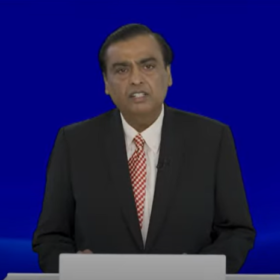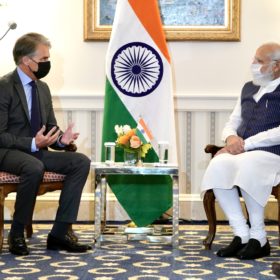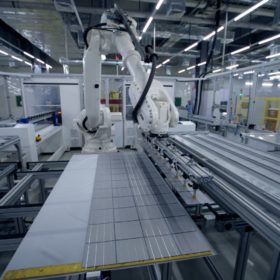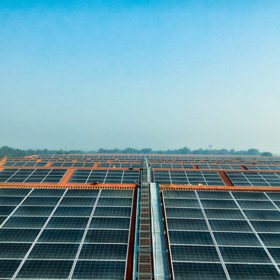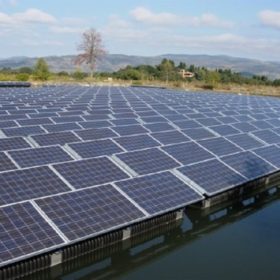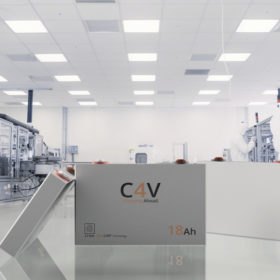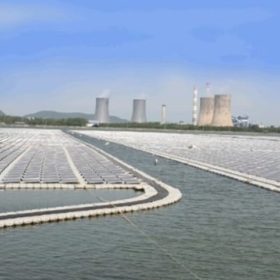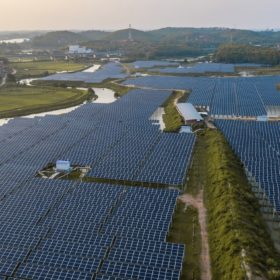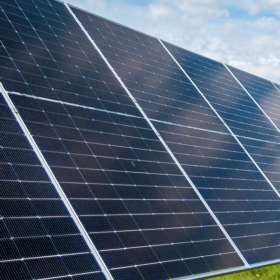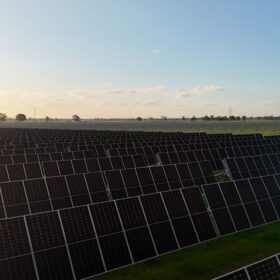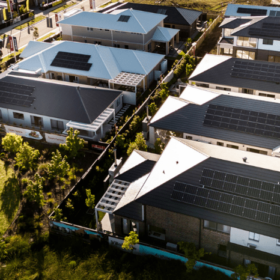Reliance Industries acquires 100% stake in REC Group, plans new manufacturing bases
India headquartered multinational Reliance Industries, through its subsidiary Reliance New Energy Solar Limited, yesterday announced the acquisition of Norway headquartered module manufacturer REC Group. The move comes as Reliance pushes forward with its US$10 billion plan to move in on the renewable energy industry, having also this week announced acquisition of a 40% share in EPC provider Sterling & Wilson.
Sunday read: First Solar goes to India
First Solar has announced plans to establish a new 3.3 GW manufacturing facility in India. Representing an investment of US$684 million (AU$950 million), the move demonstrates the thin-film PV manufacturer’s confidence in India’s solar growth and the increasingly favourable policy environment for domestic solar PV production.
First Solar CEO meets India’s prime minister
The Indian government has created a strong balance between industrial policy as well as trade policy, which provides companies like First Solar an ideal opportunity to establish their manufacturing facilities in India, according to First Solar chief executive officer Mark Widmar.
Adani, Reliance to set up solar gigafabs in India
Adani, Reliance New Energy, Jindal India Solar and Shirdi Sai Electricals have been put on a shortlist for India’s production-linked incentive scheme for high-efficiency PV module manufacturing. The list includes 14 other companies vying for the incentives.
India added a record 521 MW of rooftop solar in Q2
The addition of 521 MW between April to June was India’s highest ever rooftop solar capacity installed in a single quarter.
India’s largest floating solar plant commissioned
The state-owned engineer and solar EPC Bharat Heavy Electricals Limited (BHEL) has commissioned a 25 MW project at NTPC’s Simhadri thermal power station, in Andhra Pradesh.
Saturday read: Gigafabs in India
India’s solar module makers have built a strong track record, and now the country is set to see vast battery facilities developed. Uma Gupta provides a look into ambitious manufacturing projects and the wider enabled ecosystem.
India’s largest floating solar project commissioned
The state-run energy company has commissioned a 25 MW plant on the reservoir at its Simhadri thermal power station, in the state of Andhra Pradesh. The installation features more than 100,000 solar modules.
Corporate renewable PPAs are on the rise in Asia Pacific, says WoodMac
Corporate power purchase agreements are the second most adopted purchasing method in the world, and they’re growing fast. With the U.S. and Europe picking up the pace in the last year, the Asia Pacific is not going to be left behind, with Wood Mackenzie estimating corporate PPAs in the region doubled in the last year.
India hits 100 GW renewables milestone
Solar’s share in the installed 100 GW renewable energy capacity stands at around 44%, and wind at 40% as per the data available from India’s Central Electricity Authority.
